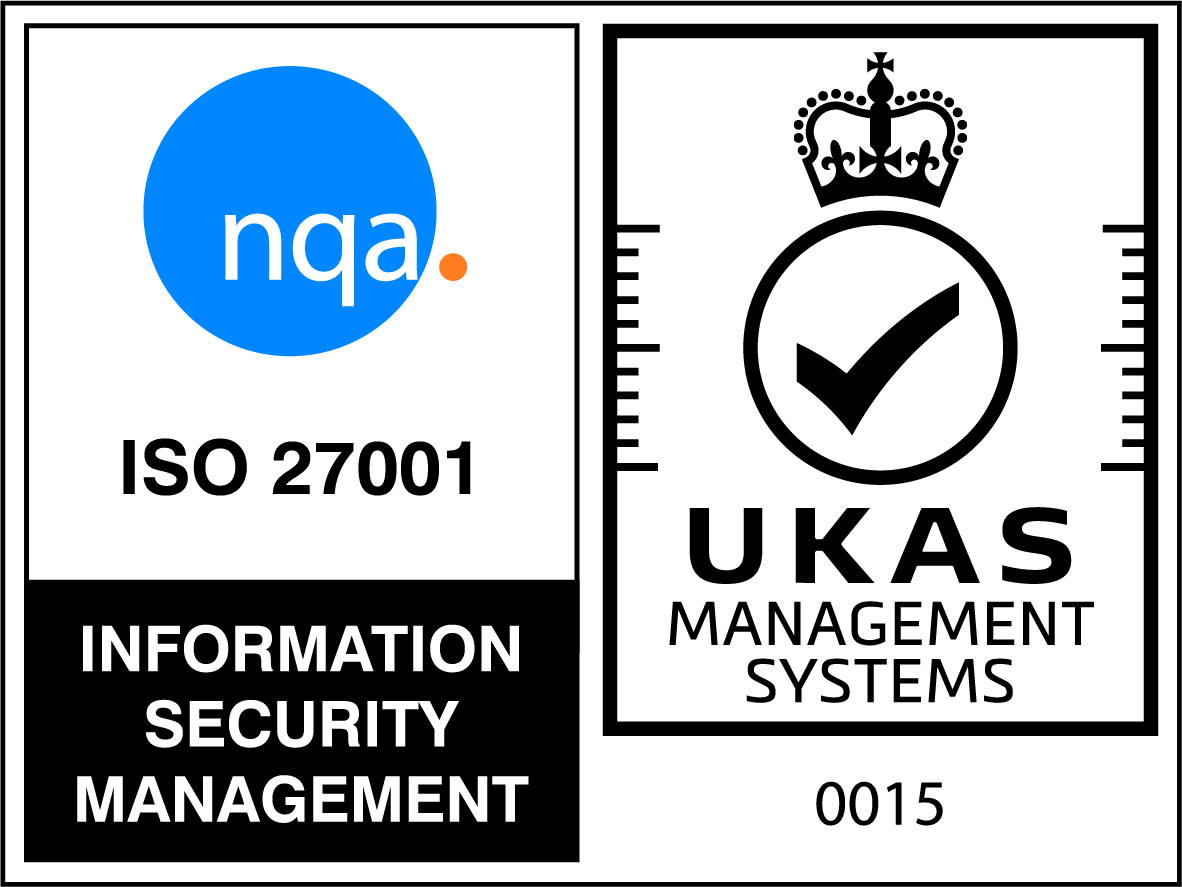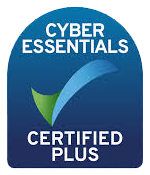John Mattinson, Operations Director, Certero
Originally posted in November 2017, revised in December 2019.
Always expect an Oracle audit, after all they are one of the top five software vendors most likely to knock on your door
Oracle licensing rules are notoriously complex and through their License Management Services Division (LMS), they will rigorously ensure compliance.
Like all software vendors, Oracle needs to protect its IP, therefore within your Oracle Master Agreement (OMA) you will find a specific clause relating to its right to audit. Traditionally, you will receive 45 days’ notice, which is the standard forewarned time that Oracle intends to audit you.
What is the difference between a license review and an audit?
In fact, there is very little or no difference between an Oracle License Review and an Oracle Audit. The terminology is more of a difference between how it is referred to internally by Oracle customers. The Oracle audit process is in effect the same.
Oracle’s License Management Review department discuss an Oracle License Review instead of an Oracle Audit. This is to reflect the fact that to initiate an audit or ‘review’, they require collaboration from the end-user and a review sounds more friendly and less intrusive than an audit. However, a License Review still includes an assessment or analysis of an organization’s usage to verify their license compliance; essentially, therefore, an audit of the usage is still being performed.
What takes place during an Oracle audit?
The official start is from when you receive the notification letter, which is often sent to the CIO and the CFO of your organization. The specified LMS consultant or partner for the audit is noted within the letter to ensure the organization is correctly informed. This notification letter also identifies which legal entities and which Oracle software programs are to be featured for the audit.
The OMA gives Oracle “access to information” and they will request you run their Oracle license compliance scripts on your systems to ascertain the usage of the software. If organizations are found to be using unauthorized or unlicensed software, it may result in a breach of control and/or violation of intellectual property rights. If non-compliance is discovered, this can lead to financial penalties and a request for purchase of extra licenses in order to remedy this. Typically, the organization will be charged for these without the discount initially given for the original purchase.
How to prepare for your audit?
It is not guaranteed that you will be audited every year but on average, every end-user is audited by Oracle (or one of its LMS partners) once every three to four years. However, the fact you’ve been recently audited is no reason to rest on your laurels. Nor should you feel a false sense of relief if you think you’ve escaped the latest round of Oracle audit activity. Soon enough anxiety will set in when you realize it is only a matter of time before you receive that dreaded letter.
In order not to be one of the many Oracle customers who is non-compliant, now is the time to gain control of your Oracle licensing before it’s too late and probably save some hard cash in the process. Certero for Oracle is an enterprise software asset management solution, which gives you the control to accurately manage licensing for oracle software. The solution will discover and monitor license usage across the IT estate ensuring you have full visibility. Certero for Oracle allows you to import all important ordering documents including software license agreements and terms and conditions meaning you can centralize your software license management. The system also has inbuilt managing options meaning you can proactively manage any compliance issues that may arise and always be on the front foot.








